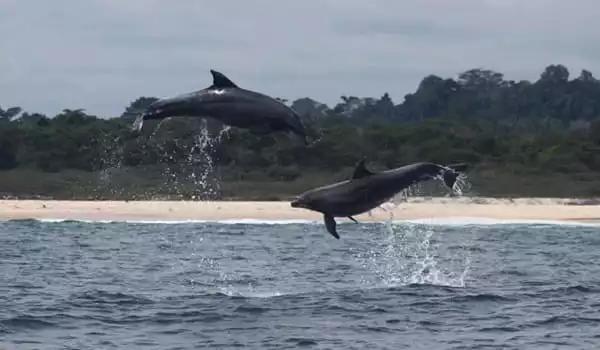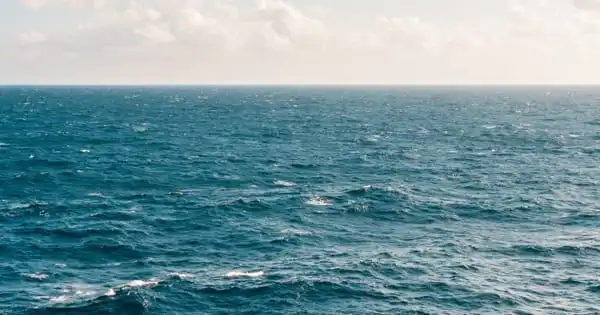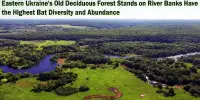Diverse living things inhabit our oceans, coasts, and estuaries. These organisms can range in size from the smallest single-celled plankton to the largest animal on the planet, the blue whale. Understanding marine life’s life cycles, habits, habitats, and interrelationships help us understand the planet as a whole. The future health of these marine inhabitants will be determined by human influences and reliance on these species, as well as changing environmental conditions.
Experts say Gabon’s network of Marine Protected Areas (MPAs) serves as a model that could be replicated in a variety of other countries. Gabon has established 20 protected areas since announcing a new MPA network in 2014, increasing the protection of Gabonese waters from 1% to 26%. The new paper, written by Gabonese policymakers, non-governmental organizations, and researchers from the University of Exeter, emphasizes the work’s lessons and their broader application.
“A number of factors contributed to the establishment of this MPA network, but a critical first step was the establishment of a government-led initiative called ‘Gabon Bleu’ in 2013 by President Ali Bongo Ondimba,” said Dr Kristian Metcalfe of Exeter’s Penryn Campus in Cornwall.
“This sent a strong signal that the Gabonese government intended to build an MPA network.” This ensured that all sectors were involved in the planning process, from government agencies to ocean resource users, and it gave external funders and the private sector confidence to support the research that underpins the MPAs.”
By scaling conservation and fisheries management measures across the entirety of its EEZ, Gabon has made significant steps to ensure the long-term persistence of its marine biodiversity and fisheries resources, and should be celebrated as a global exemplar.
Professor Brendan Godley
“This political will and long-term engagement was critical — creating a ‘tipping point’ towards effective change,” said Dr. Emma Stokes, Wildlife Conservation Society Regional Director for Central Africa & Gulf of Guinea. Collective action has sped up progress, and the country has now agreed to the 30×30 pledge to protect 30% of its oceans by 2030.”
Global MPA coverage remains below the 10% target set in 2010, owing in part to slow progress in many low- and middle-income countries. However, a few of these countries, including Gabon, have met or exceeded international land and sea commitments.
The MPAs are based on detailed evidence, resulting in an interconnected network designed to protect critical habitats as well as globally important populations of sea turtles and marine mammals, with protected zones extending from north to south and from coastal waters to 200 nautical miles offshore.

According to the new paper, Gabonese lessons can be used to inform Post-2020 global biodiversity commitments and implementation. It recommends a four-step strategy for countries and donors:
- Governments must strengthen and sustain their research and implementation capacities, ensuring that scientific evidence underpins policy decisions.
- Countries should make public pledges on marine conservation goals in order to demonstrate their commitment to the international community and potential donors.
- The conservation community should respond by assisting in the establishment or strengthening of the country’s environmental agencies, either directly or through international organizations if financial safeguards are inadequate.
- Each implementation agency should take the lead in developing national marine conservation frameworks, collaborating with stakeholders and donors to produce ambitious but politically feasible plans that combine top-down initiatives with bottom-up approaches as much as possible.
The national parks agency, ANPN, was in charge of critical implementation work in Gabon. “We learned from the process that resulted in the creation of Gabon’s terrestrial national parks by Omar Bongo in 2007 and were able to provide the scientific and legal framework to make President Ali Bongo Ondimba’s vision for a sustainable blue economy a reality,” said Professor Lee White, Gabon’s Minister of Forests, Oceans, Environment, and Climate Change and former Executive Secretary (head) of ANPN.
“By scaling conservation and fisheries management measures across the entirety of its EEZ, Gabon has made significant steps to ensure the long-term persistence of its marine biodiversity and fisheries resources, and should be celebrated as a global exemplar,” said Professor Brendan Godley of the University of Exeter.
















